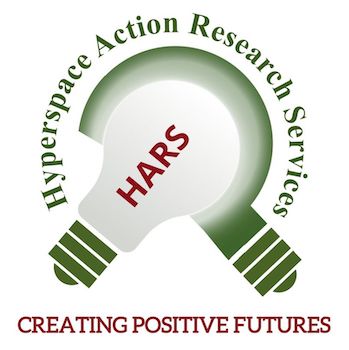Why Action Research Consultancy?
As a practitioner leading the Human Resources function of reputed leading businesses, we often employed top consultants for carrying out specialized works. We expected deep knowledge and the latest research to be deployed by consultants as being fully immersed in operations, we did not possess the time to develop it ourselves. Furthermore, we welcomed diverse perspectives. However, I was in for shocks. I share just two points to bring out the inadequacy of traditional consulting and how action research bridges the gap.
- A gap in what is professed and done: During the initial presentation, partner-level consultants make presentations on the approach and deliverables. The approach is invariably what the theory and research suggest. However, the approach spelled out initially is seldom executed due to want of expertise, and resources. For instance, in one organizational design consultation, while the partner-level consultant and his team committed to deploying the Star Model of Jay Galbraith, they subsequently provided organizational structure without looking into the strategy of the organization—a violation of the Galbraith model. How can anyone come up with an organizational structure without studying the strategy? When I accosted the consultants, they agreed that it should be done but expressed their inability to do it as they did not have the expertise for doing it.
- Recycling of solutions: Driven by getting higher Returns on Assets (Margins * Velocity), consultants invariably follow Abraham Maslow’s law of hammer: “I suppose it is tempting, if the only tool you have is a hammer, to treat everything as if it were a nail.” I have witnessed the force-fitting of a solution, indiscreetly selected from the repertory of solutions the consulting organization has, that is disconnected from the action problem an organization faces. No wonder the reports submitted by consultants seldom create an impact.
Let us now consider action research. As the term suggests, action research brings deep scholarship and research evidence to the unique situation an organisation faces. There are no “recycling of solutions” and the action researcher partners with key stakeholders to blend the contextual knowledge they possess with the scholarship and process knowledge the action researcher possesses, thereby co-evolving a customised solution that they together implement. It creates an impact and makes positive changes in the organisation. As action researchers possess deep knowledge of the subject as well as process skills and create unique solutions, the projects bring in high value for the investment of the clients.

